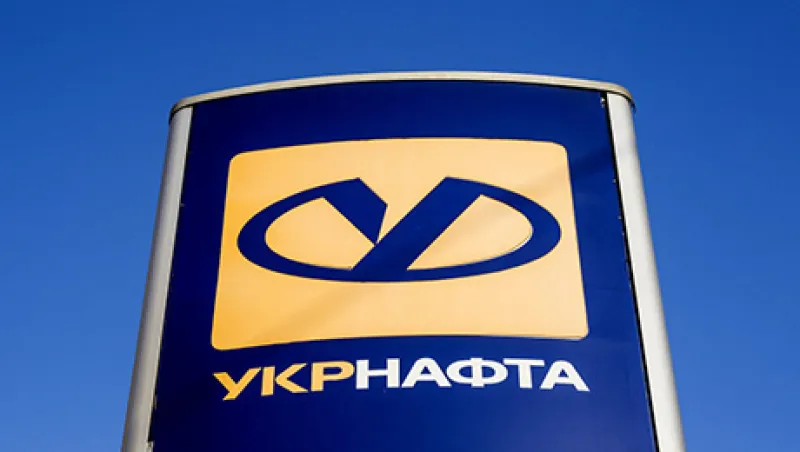
Ukraine’s Oligarchs Take to Economic Warfare
Despite his reclusive tendencies, businessman and politician Ihor Kolomoisky is trying to tip economics and diplomacy in his holdings’ favor.
Craig Mellow
February 11, 2015


